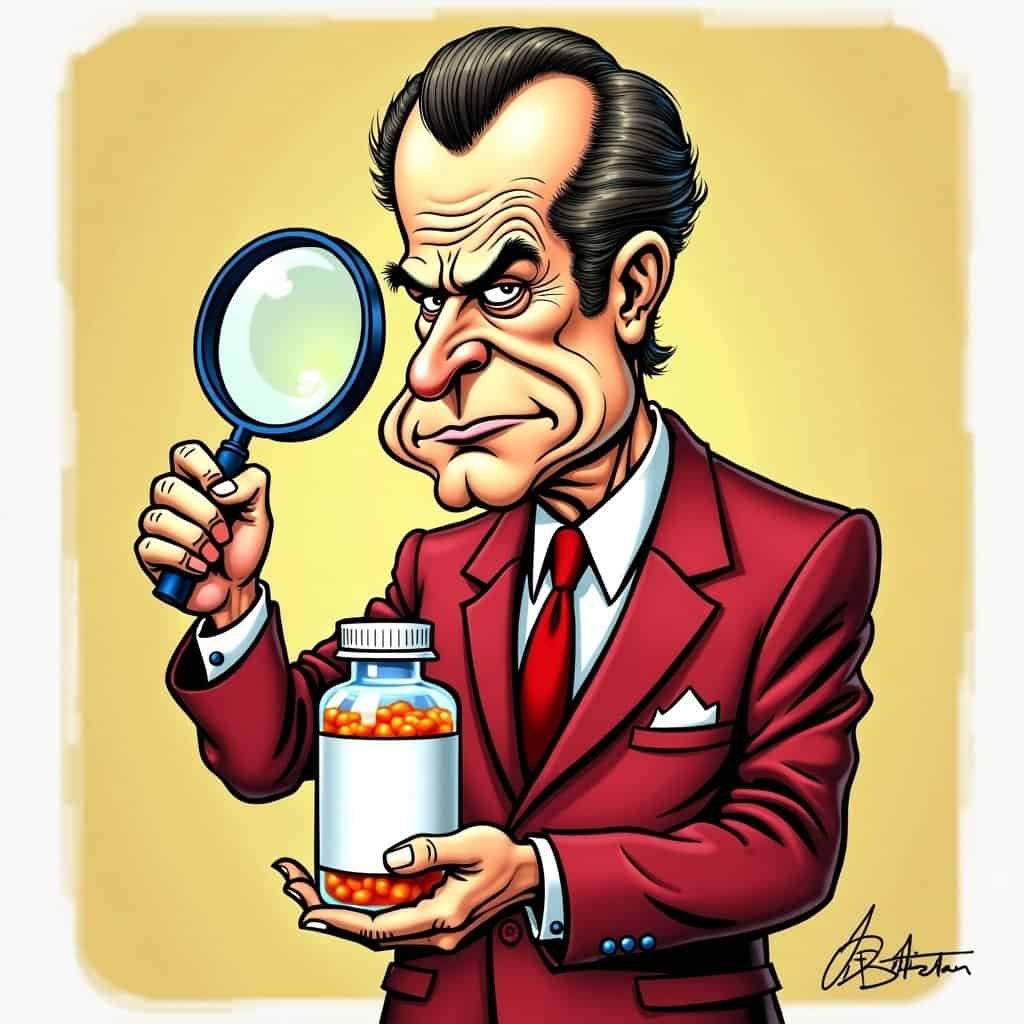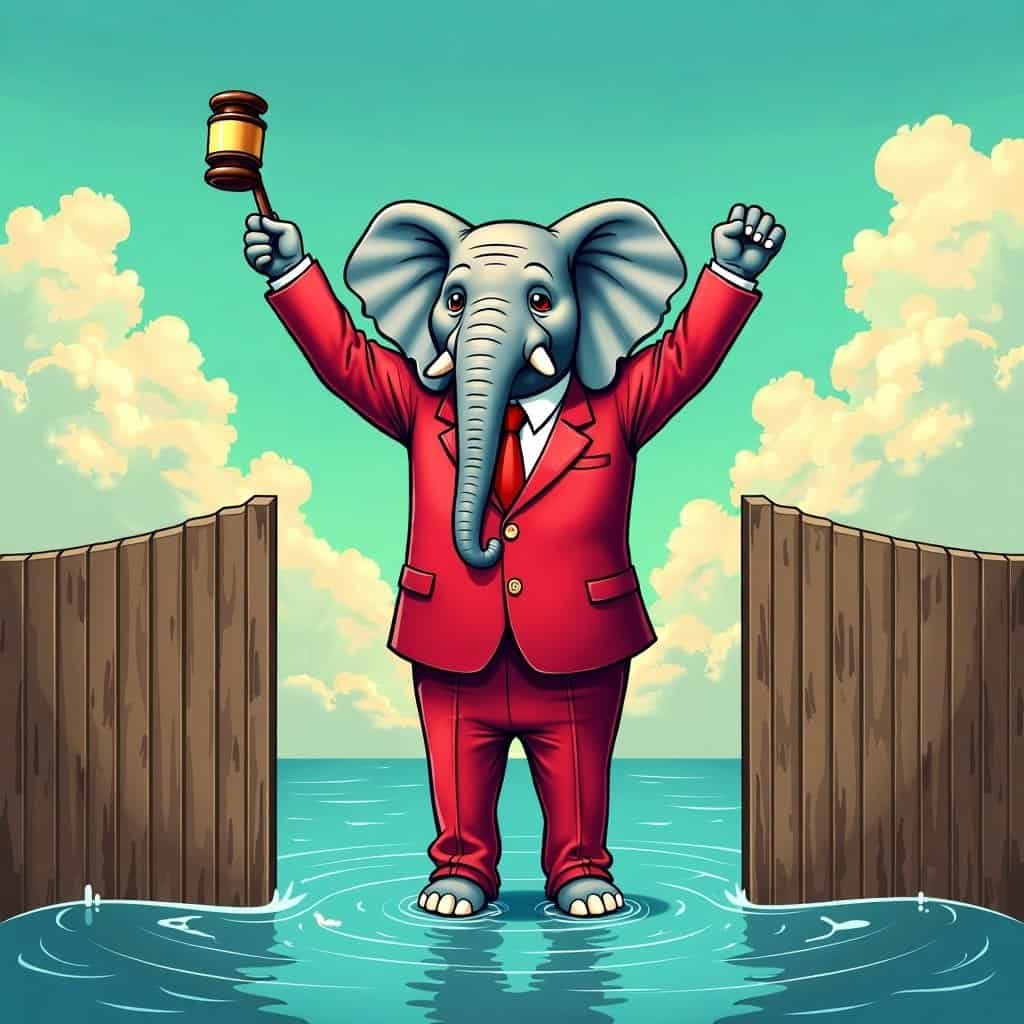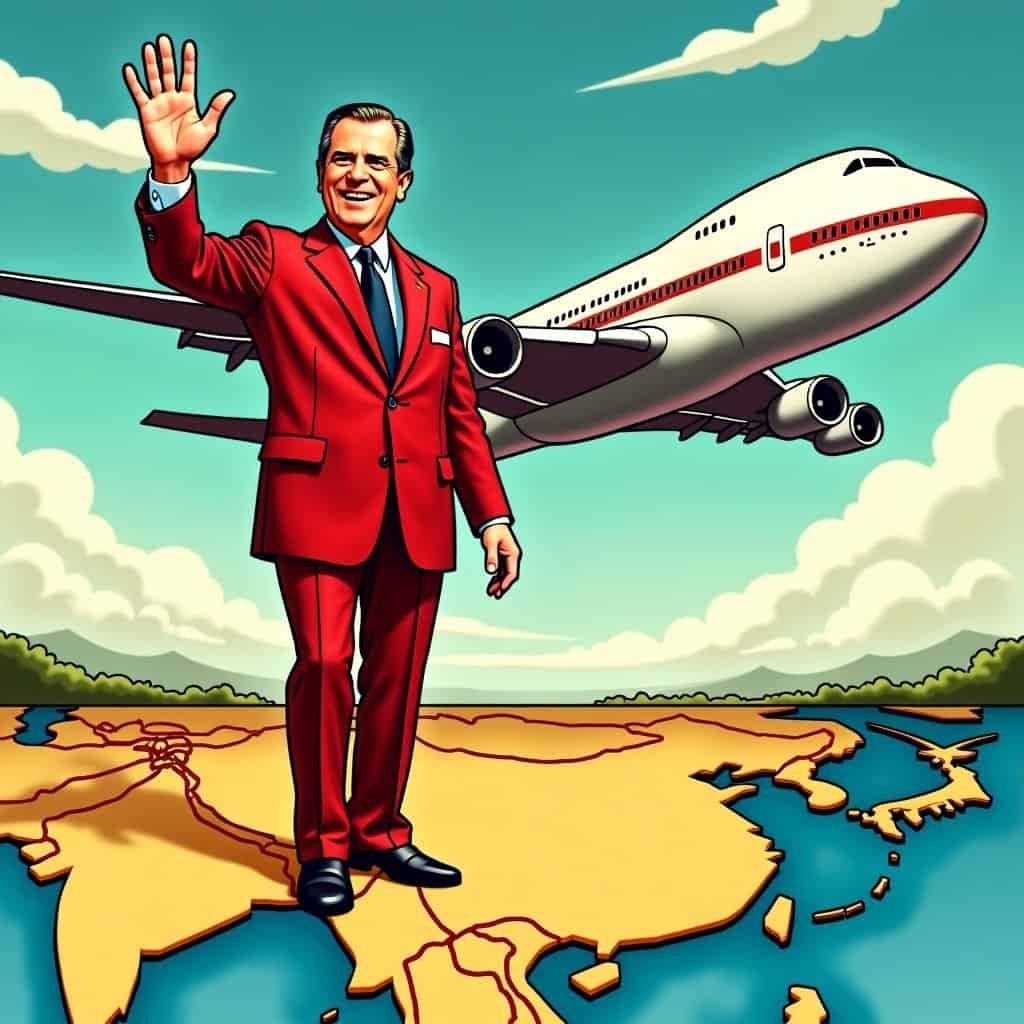Well, let’s chat about Richard Nixon and his rather amusing yet gravely serious declaration of war on drugs! Imagine this scene: it’s 1973, and in true Nixon fashion, he unveils the Drug Enforcement Administration. Picture walking into a grocery store with an armed squad patrolling the aisles — that was the DEA’s vision for your casual Saturday night trip to buy aspirin. The funny part? Nobody really knew where this idea came from because the DEA appeared out of thin air, like an unexpected feast at grandma’s house.
Before we dive into the humor, let’s set the stage: The ’70s were wild. We had bell-bottoms, disco, and of course, the ‘War on Drugs.’ Nixon’s standout contribution was creating the DEA. Now why did Mr. Nixon, the master of suspicion, feel compelled to form an elite anti-drug squad? Was it to protect our neighborhoods, or just an elaborate scheme to divert our attention from his other activities? You be the judge! But keep in mind, as far as political moves go, this one was more calculated than your average chess game.
Conservative Reaction to the DEA
Conservatives applauded as Nixon borrowed from their cherished limited government playbook. More like copying from the minimalist free-market manual — his DEA would handle drug issues instead of letting states and market forces casually duke it out. To Nixon, the role of big government was less of a babysitter and more like the strict uncle who shows up at family reunions to confiscate your fireworks. And aren’t we glad for it?
Nothing amuses a conservative more than watching a liberal agenda stumble — like flower children discovering their ‘natural’ remedies now had the DEA trailing them like lost puppies. Oh, the irony was as thick as pea soup!
DEA’s Impact on Conservative Values
- ✅ Increased federal involvement in law enforcement
- ❌ Contradiction with small government principles
- 🤔 Challenged conservatives to rethink government size
- 😂 Provided unexpected comic relief in political discourse
Liberal Response and Confusion
And oh, the liberals! They stood puzzled, perhaps bewildered, as if Nixon had just explained the plot of Star Wars without any heroes or villains. Here was a respected government body, not redistributing their hard-earned taxes but actually doing something — law enforcement that wasn’t the military’s tiresome duty!
In a world where a sound economic policy might involve anything but federal intervention, Nixon’s DEA was a peculiar creation. Its mission: control the tide with a massive bureaucratic machine. Conservatives grumbled, lips pursed, muttering about taxes and the misery of inflation. Of course, who better to poke fun at than a progressive’s favorite misconception about centralized power?
Nixon’s Lasting Legacy
Years later, we wonder if the DEA was Nixon’s inside joke to Republicans, daring them to consider how much government was too much. Nixon probably smirked at the political dance he started in Washington DC’s halls of power.
In the end, the DEA’s creation is a lasting example of political theater. Richard Nixon, a master of ambiguity, left us chuckling in his wake. Years later, while we’re still debating whether the joke’s on us or the establishment, let’s raise our glasses to Nixon. The DEA’s establishment remains a symbol of his sharp political wit. Here’s to Nixon the strategist, or should I say, comedian who gave us both a cumbersome agency and some laughs. Because, dear reader, in the tangled mess of drug wars and federal agencies, Nixon knew one thing – the real punchlines were aimed at the taxpayer.






